
Founded in 1869, specializes in SAKE PICKLES/NARADUKE and has a store on the premises of Todaiji Temple, a World Heritage Site.
Sake Pickles
“NARADUKE”
NARADUKE is one of traditional Japanese fermented pickles that does not contain vinegar.
SAKE Pickles (Naraduke) are traditional Japanese pickles said to originate from Nara Prefecture, renowned for their unique production method and deep, complex flavor. More than just a way to preserve vegetables, they are a culinary art that transforms ingredients through a meticulous, multi-stage fermentation process.




Characteristics of
Japanese Fermented Foods
Fermented foods that underpinned Japanese food culture
The most prominent characteristic of Japanese fermented foods is undoubtedly the use of ”KOJI”(malted rice). Japan’s warm, humid climate and its marine environment rich in salt have notably supported the development of fermented foods. Japanese fermented foods are a culinary culture born from the fusion of fermentation techniques using koji mold and Japan’s unique climate and natural features. Their diversity, versatility, and blend of tradition and innovation are among the appealing aspects of Japanese food culture that the world can be proud of.


Japanese Pickles (Tsukemono)
The Distinction of Our SAKE Pickles (Naraduke)

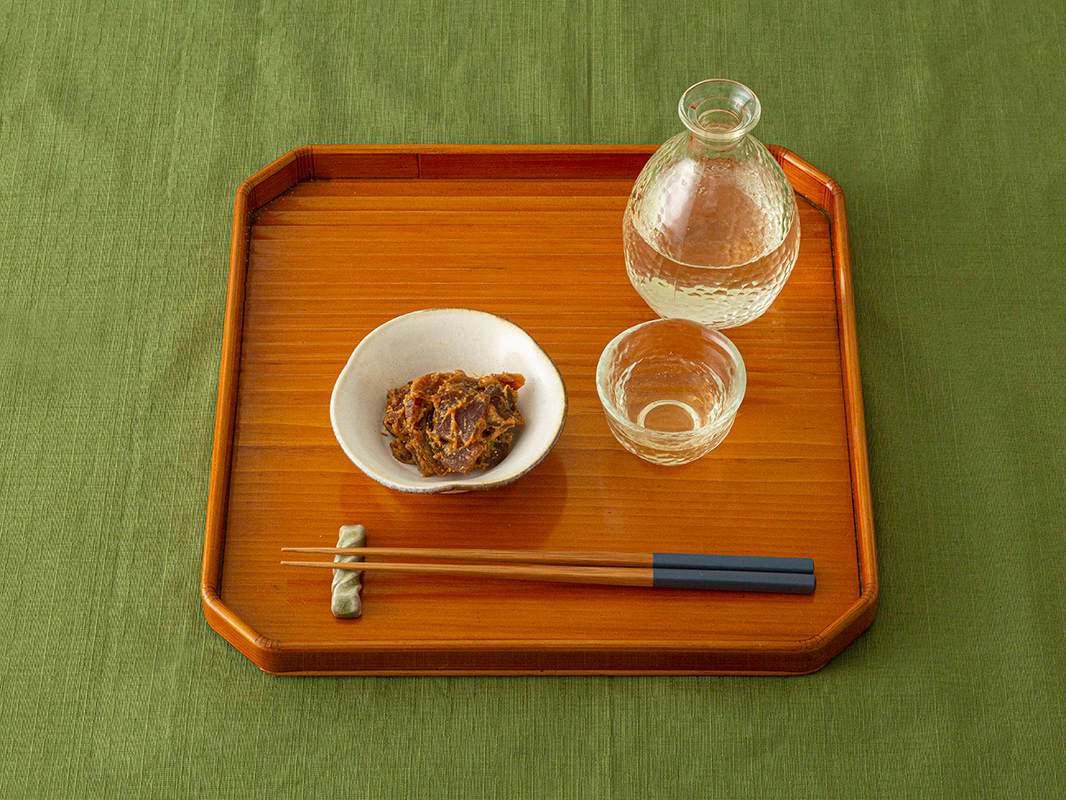
Enhance Your SAKE Pickles (Naraduke) Experience
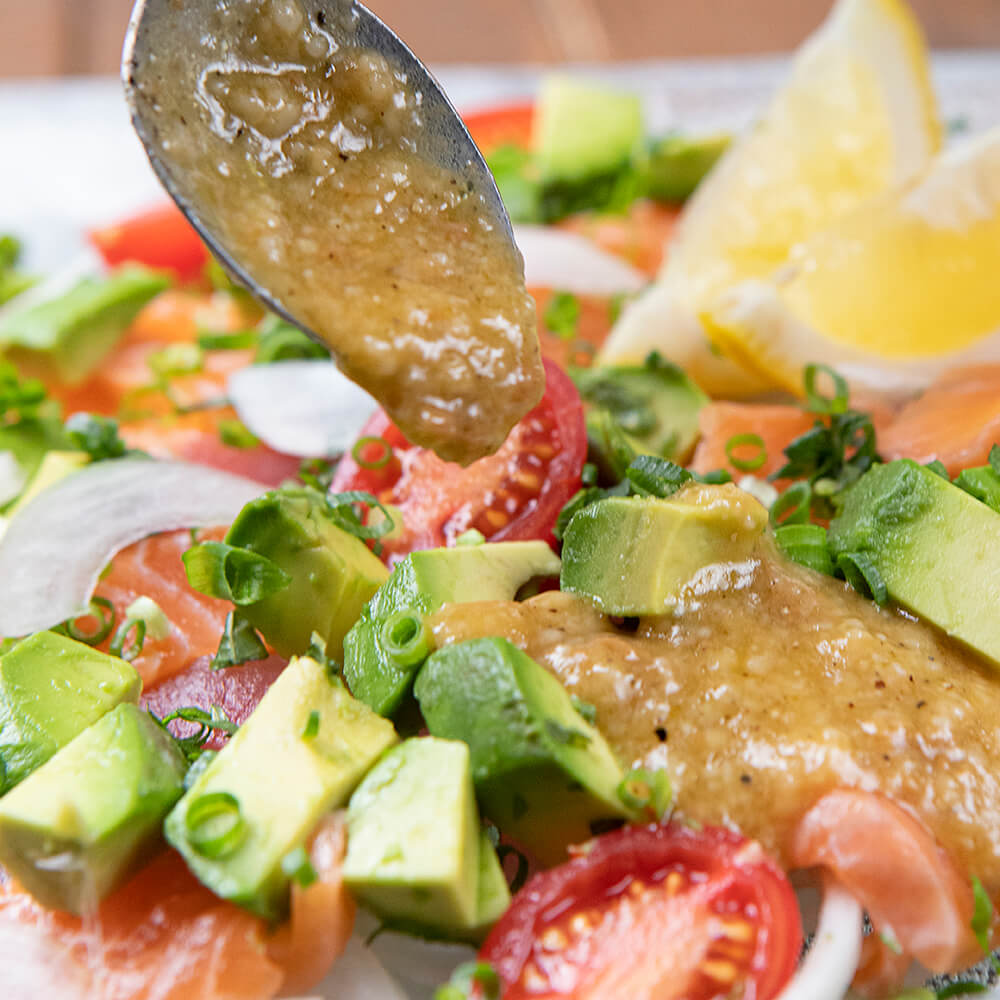
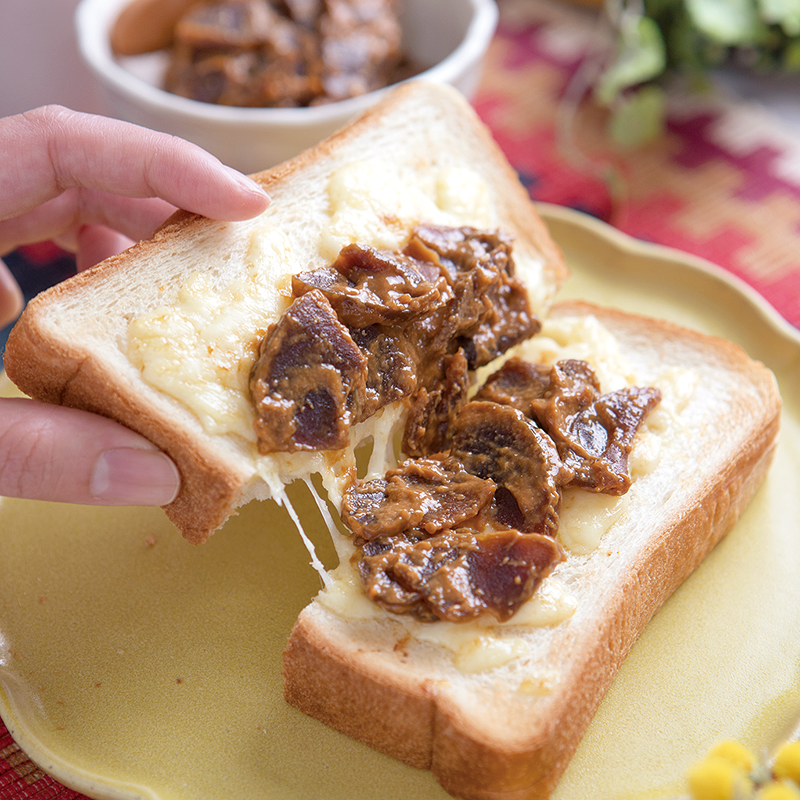
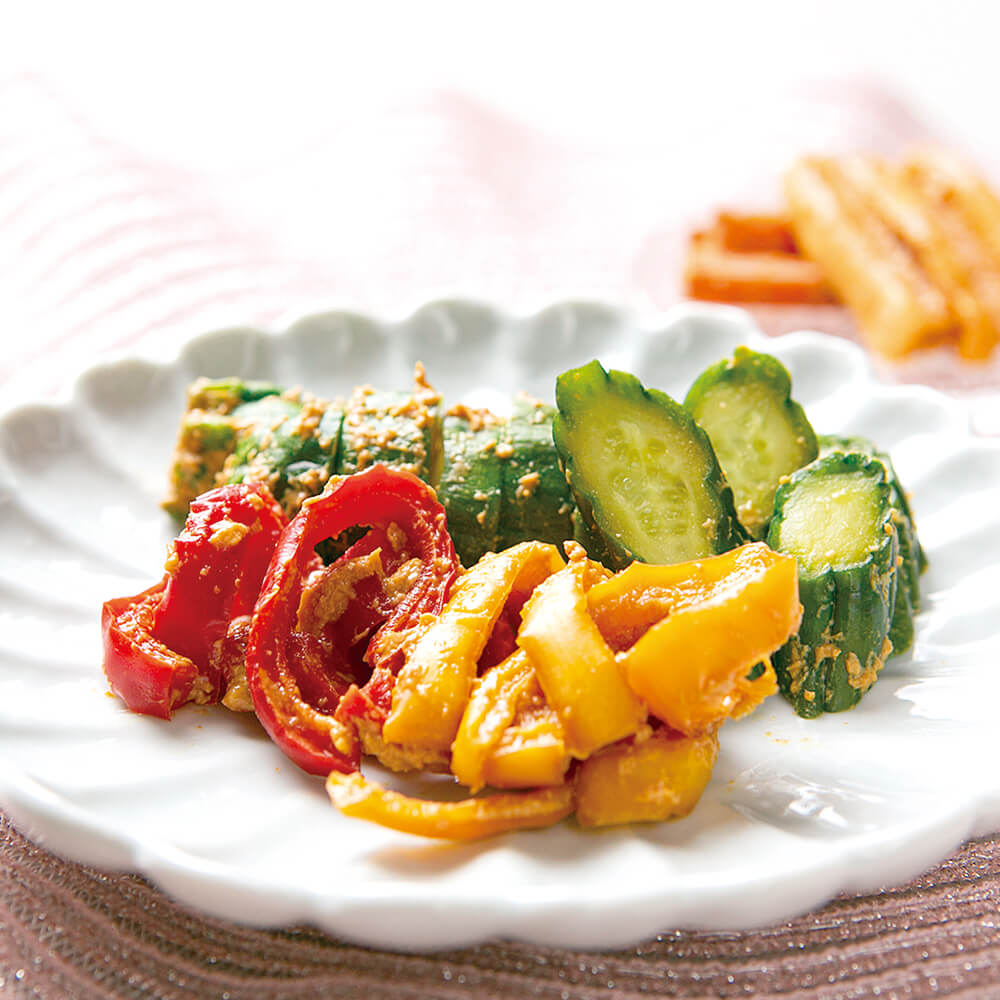
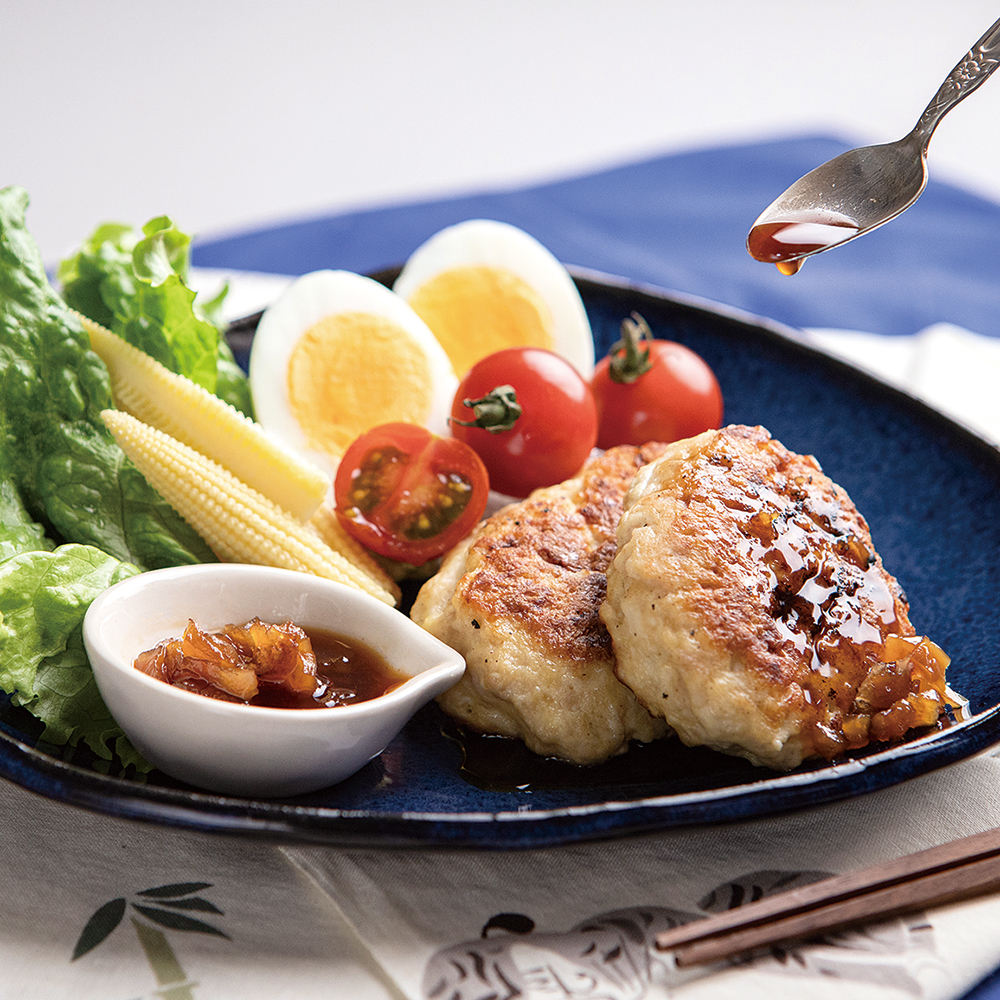

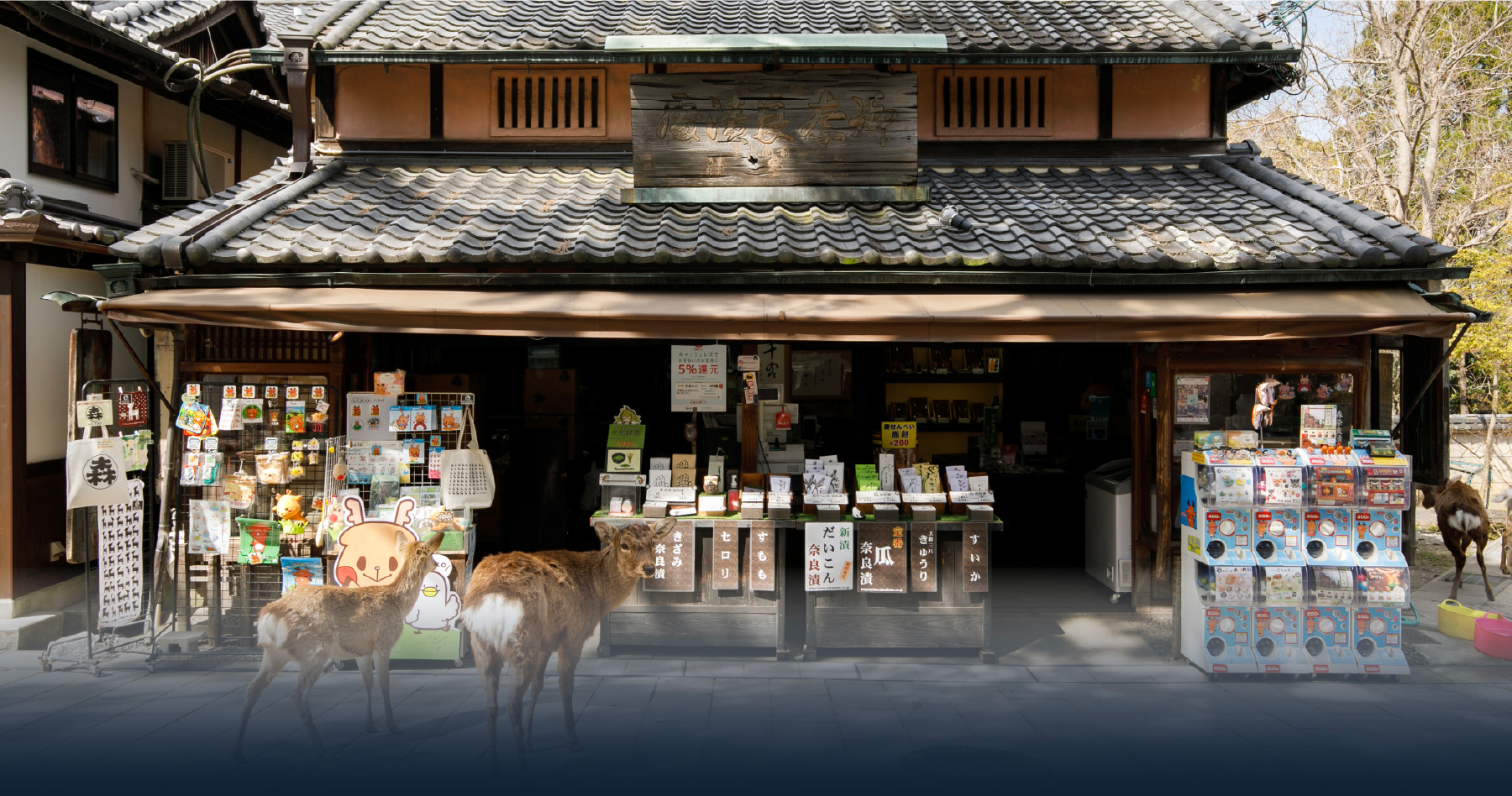
Store Information
23 Kasuganocho, Nara city, Nara pref., 630-8212, Japan
(In front of the South Gate of Todaiji Temple)
Hours: 9:00 – 18:00 (extended during events)
Closed: open everyday

